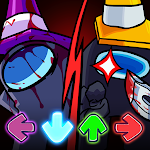Steamforged Games' board game adaptations of iconic video game franchises, including Monster Hunter, Devil May Cry, Sea of Thieves, Gears of War, and the upcoming Elden Ring, are impressive. This review focuses on their Resident Evil trilogy: Resident Evil, Resident Evil 2, and Resident Evil 3.
Released in 2019, 2021, and 2023 respectively, these games share similar mechanics. Up to four players navigate perilous environments – dark corridors, burning streets, and sinister labs – recreating the storylines of the respective video games. Highly detailed miniatures represent both the terrifying creatures and the heroic survivors.
Featured Games:

Resident Evil: The Board Game
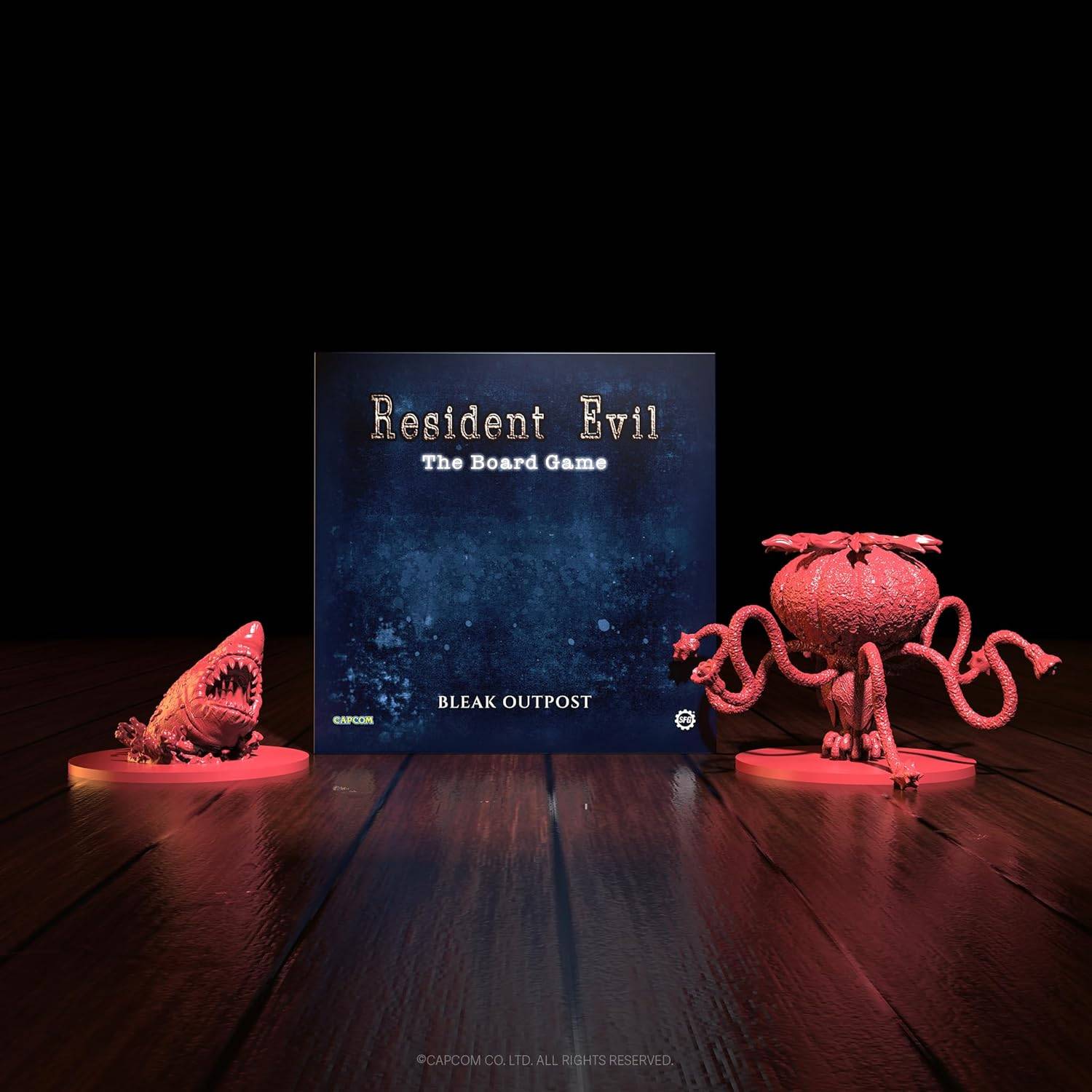
Resident Evil: The Bleak Outpost

Resident Evil 2: The Board Game
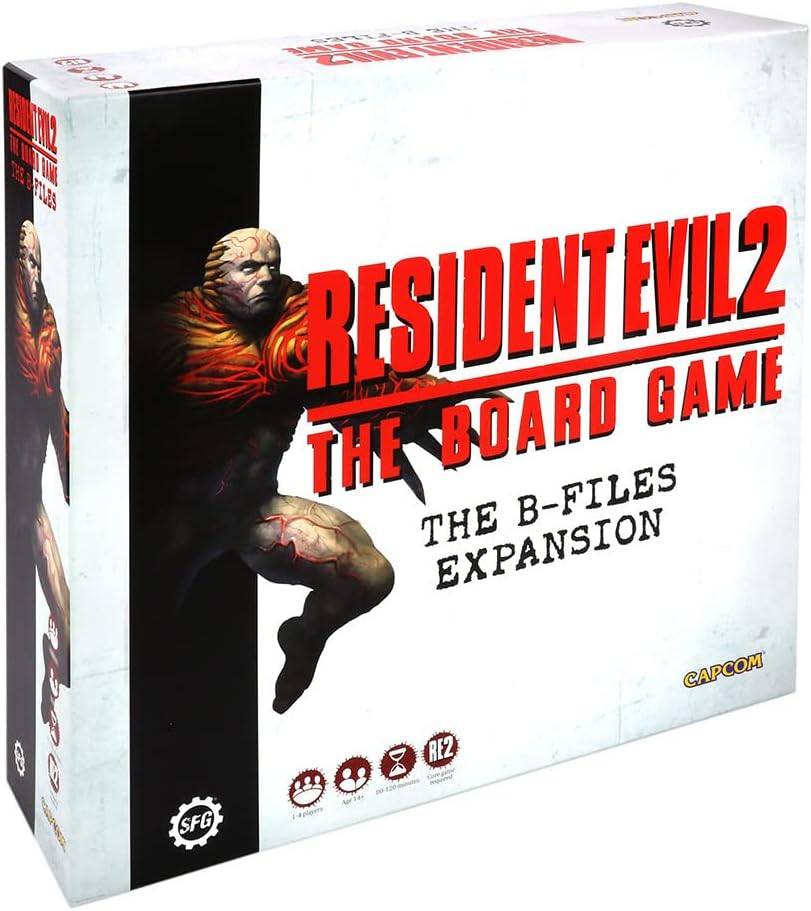
Resident Evil 2 The Board Game: B-Files Expansion
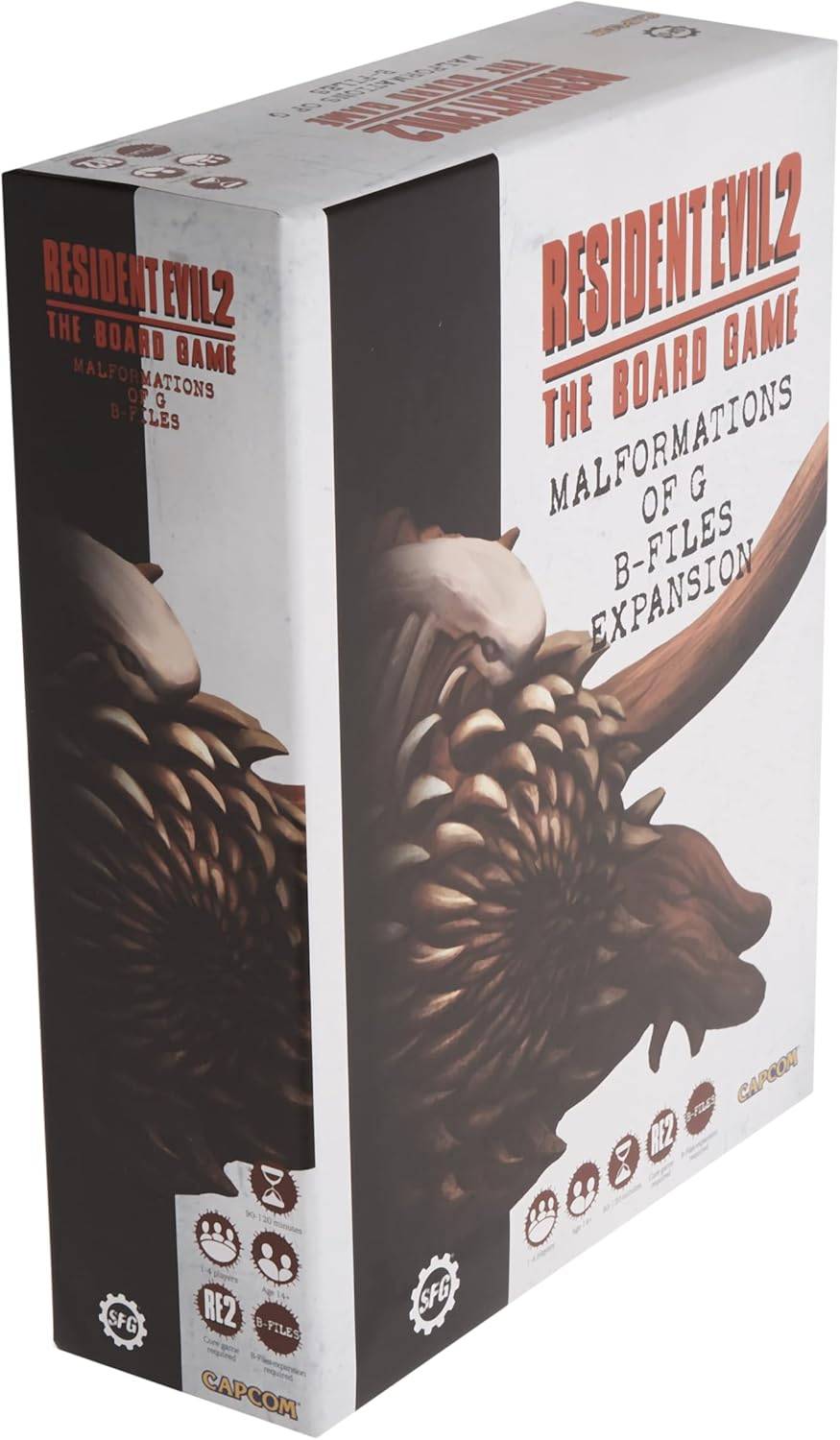
Resident Evil 2: The Board Game - Malformations of G B-Files Expansion
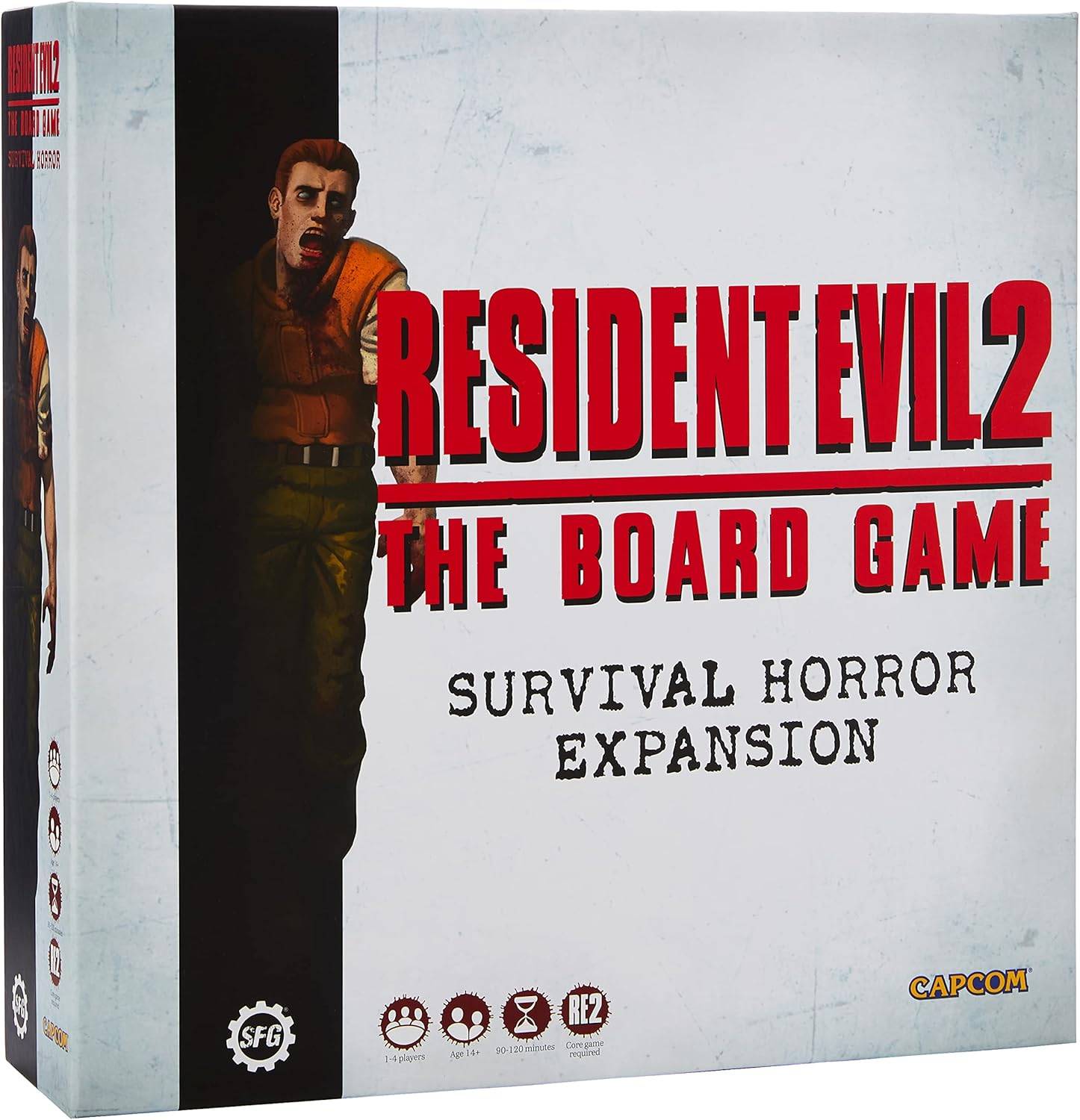
Resident Evil 2 The Board Game: Survival Horror Expansion
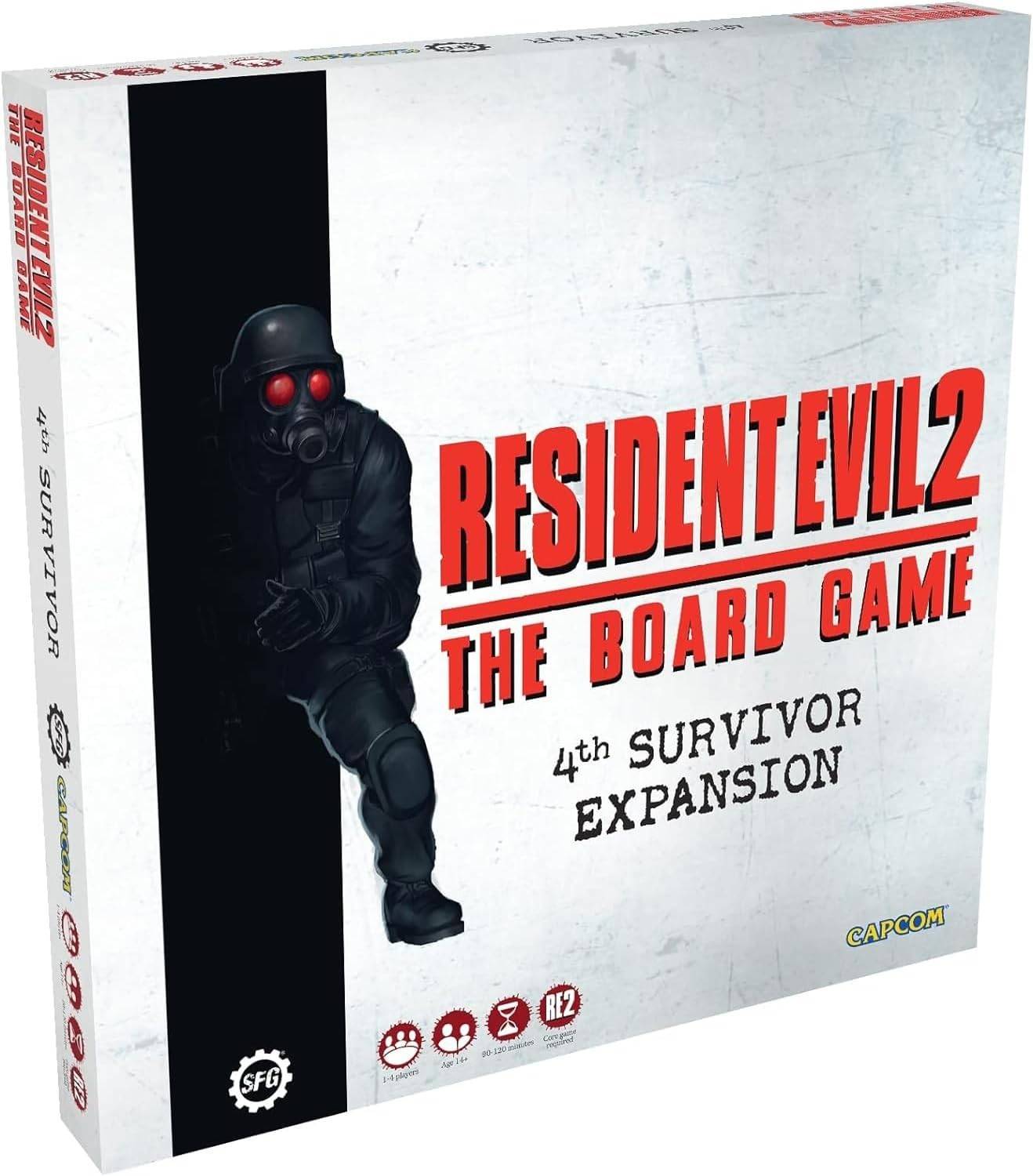
Resident Evil 2 The Board Game: - 4th Survivor Expansion

Resident Evil 3: The Board Game
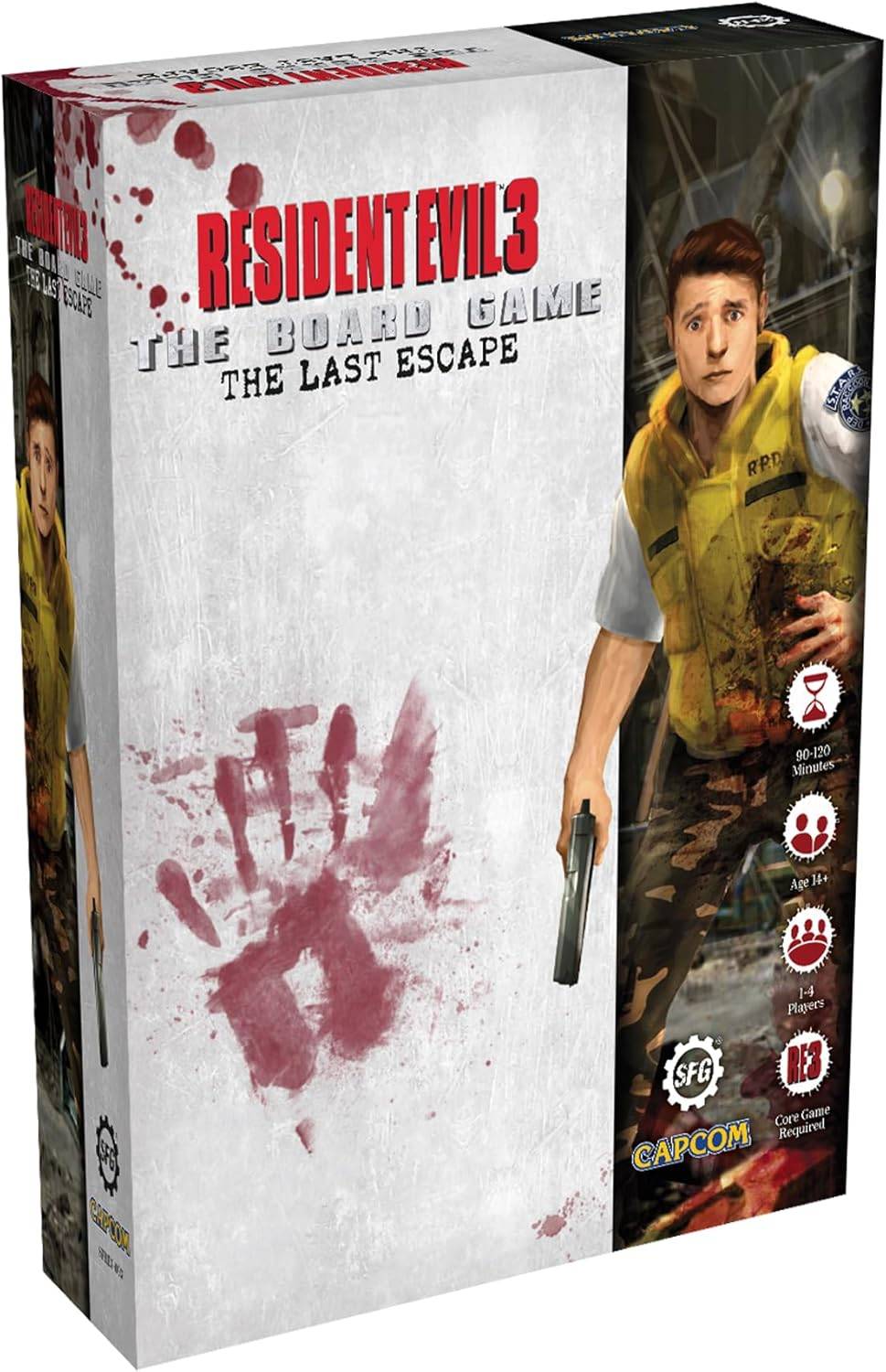
Resident Evil 3: The Last Escape Expansion
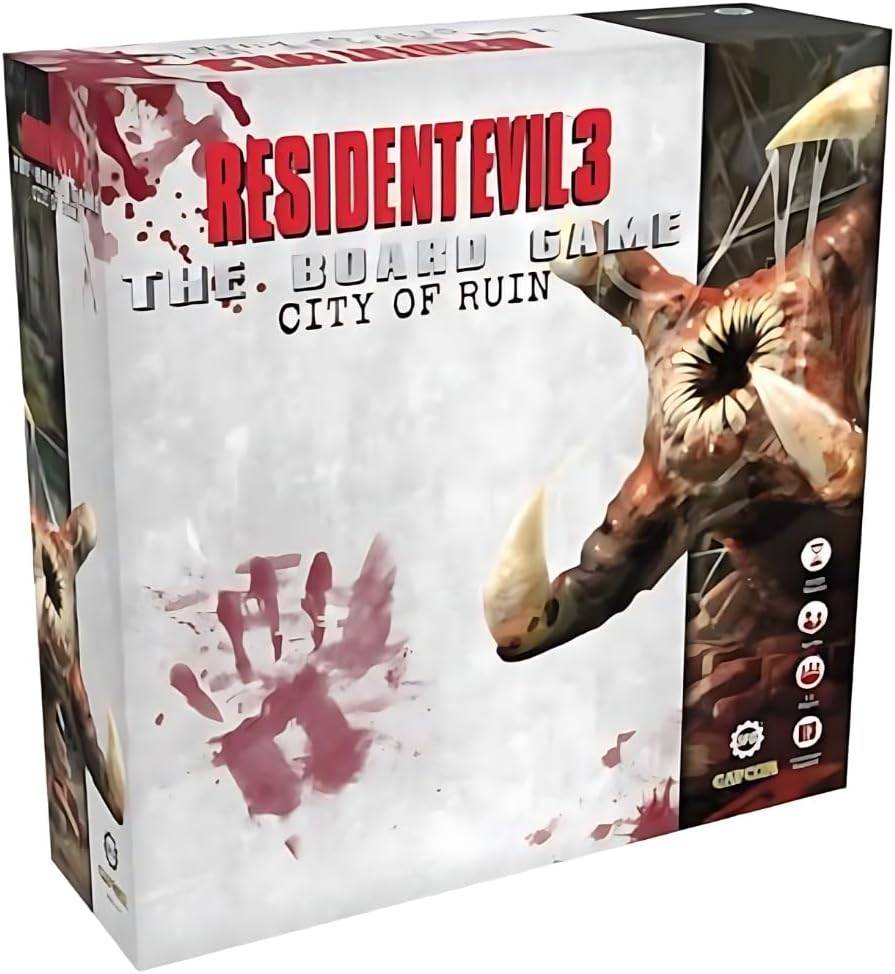
Resident Evil 3 The Board Game: City of Ruin Expansion
Gameplay unfolds across three phases: Action, Reaction, and Tension. Players have four actions per turn (move, open/close doors, search, trade, use items, attack). Enemies react, moving and attacking, requiring dice rolls to evade. The Tension phase involves drawing cards with varying consequences. Combat uses dice rolls against weapon stats and abilities, with the possibility of pushing enemies, killing them, or missing entirely. Shooting alerts nearby enemies.
Each game features multiple scenarios, playable individually or as a campaign. Levels are built using tiles, and player progress carries over between sessions. Character and scenario tile crossover is possible between games, offering replayability.
Resident Evil: The Board Game (Review):

Resident Evil: The Board Game
This refined entry improves upon its predecessors. Players explore the Spencer Mansion with characters like Jill Valentine and Chris Redfield, and utilize support characters like Albert Wesker on special missions. The flexible narrative allows for varied room exploration orders. The use of cards for location building streamlines setup. The persistent threat of zombies, and the introduction of Kerosene for burning corpses to prevent reanimation as Red Zombies, increases tension. This is a strong standalone recommendation.
Resident Evil 2: The Board Game (Review):

Resident Evil 2: The Board Game
The original game in the series, Resident Evil 2 introduces players to Raccoon City Police Station. While fun, it lacks the refinements of later entries, featuring a linear campaign and some minor component issues (dark tiles, missing parts). Despite these flaws, the strategic scenarios are engaging.
Resident Evil 3: The Board Game (Review):

Resident Evil 3: The Board Game
Building upon Resident Evil 2, this game offers a more open-ended campaign. The Danger Tracker mechanic increases difficulty as the city deteriorates, and the Narrative deck adds replayability. While the map components are less refined than other elements, the improved gameplay and open structure make it a compelling entry point for the series.
(Expansions for each game are detailed in the original text and are omitted here for brevity.)
The Resident Evil board game trilogy provides a compelling tabletop experience for fans of the franchise and cooperative board game enthusiasts alike. While Resident Evil 2 shows its age slightly, Resident Evil and Resident Evil 3 offer refined gameplay and compelling campaigns. The expansions add significant replayability and content.




